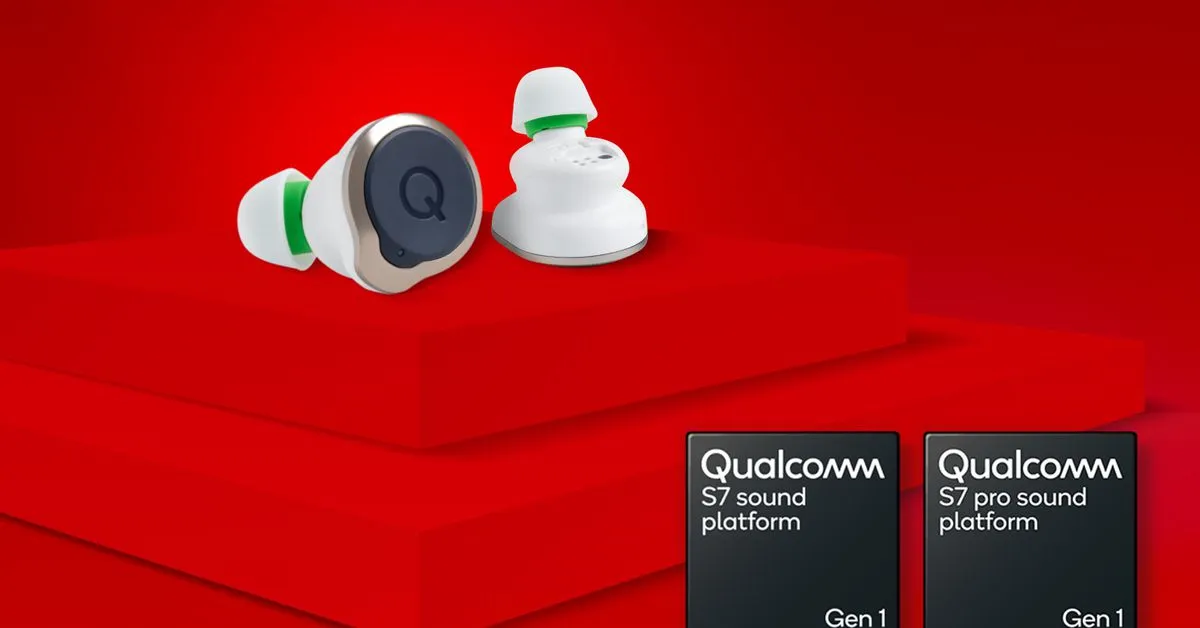Qualcomm turns to Wi-Fi to take wireless earbuds and headphones to the next level - The Verge
Qualcomm turns to Wi-Fi to take wireless earbuds and headphones to the next level - The Verge

www.theverge.com
Qualcomm turns to Wi-Fi to take wireless earbuds and headphones to the next level

